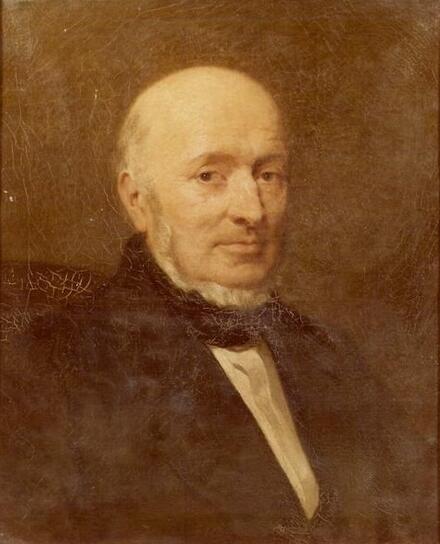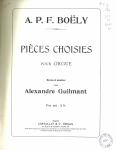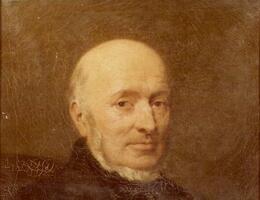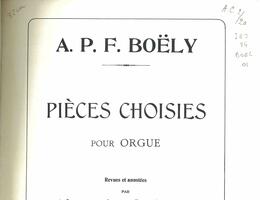
Alexandre-Pierre-François BOËLY
1785 - 1858
Composer, Organist
Born into a long line of musicians, some of whom officiated at the court of Versailles, Boëly was first taught from the age of five by his father, a countertenor at the Sainte-Chapelle who was also a composer, teacher and author of a treatise on harmony influenced by Rameau. In 1796, he entered the Paris Conservatoire to study under Guérillot (violin) and Ladurner (piano), who introduced him to Bach, Haydn and Clementi. His formal education was of short duration, however, since he was forced to leave the conservatory in 1800. From then on, he taught himself, reading the old masters to cultivate his personal tastes and develop his style, which was out of sync with that of the audiences of his time who preferred patriotic or Italian works to his overly classicist offerings. An excellent pianist and organist, he was appointed titular organist of Saint-Germain-l’Auxerrois in 1841. A champion of neglected composers such as Bach, Frescobaldi or Couperin, he was dismissed ten years later for being too “austere”, but still had time to influence an entire generation of musicians, including Alkan, Franck, Lefébure-Wely and Saint-Saëns. He ended his career as a humble piano teacher. Although unknown to the general public, who preferred Jadin, Cherubini or Hérold, Boëly nevertheless played a decisive role in the revival of French music. He left behind a catalogue of about three hundred compositions, particularly chamber music, several liturgical pieces and many organ and piano works.
Permalink
publication date : 10/11/24




